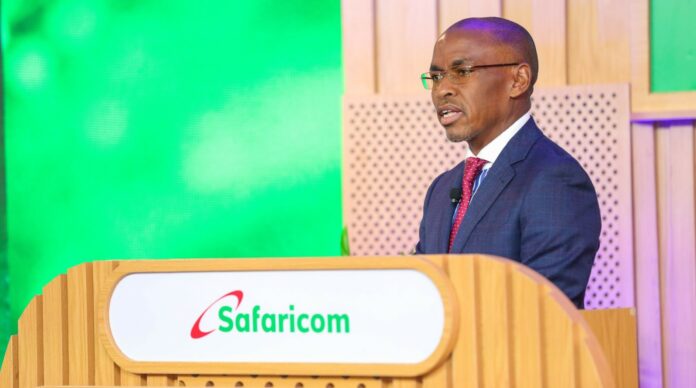Telecommunications firm Safaricom has written to the Communications Authority of Kenya (CA) asking that the government considers revoking licenses given to satellite internet providers.
The letter by Safaricom to the Communications Authority is targeted at US billionaire Elon Musk’s Starlink which has recently made its entry into the Kenyan market.
In the letter, Safaricom claims that the licenses given to independent satellite providers [such as Elon Musk’s Starlink] might lead to illegal connections and harmful interference to mobile networks.
Safaricom has asked that these satellite internet providers be required by the government to partner with existing internet service providers [such as Safaricom, Jamii Telecommunications Limited and Zuku] instead of setting up their services as standalone operations.
The company claims that the direct entry of Starlink in the Kenyan market will compromise mobile network quality.
“Safaricom kindly requests the Communications Authority to carefully assess the risks of granting independent licenses to Satellite service providers and the consequent harm it may cause to Kenya,” Safaricom said in the letter.
“We propose that the Communications Authority instead consider mandating the satellite service providers to only operate in Kenya subject to such providers establishing an agreement with an existing local licensee.”
Safaricom further states that satellite internet service providers such as Starlink should operate as infrastructure providers while the operating license is given to the existing mobile network operators (MNOs).
Safaricom Chief Executive Officer Peter Ndegwa’s salary declines to Sh. 252.3 million
“Co-existence with mobile networks will not be possible and in the absence of effective management and co-ordination, satellite provided service will cause interference to mobile networks, which will ultimately adversely affect end users and related socio-economic benefits,” Safaricom claimed.
“Satellite service providers should therefore not be granted a license directly or independently but rather only permitted to operate under the license rights of the local licensee.”









